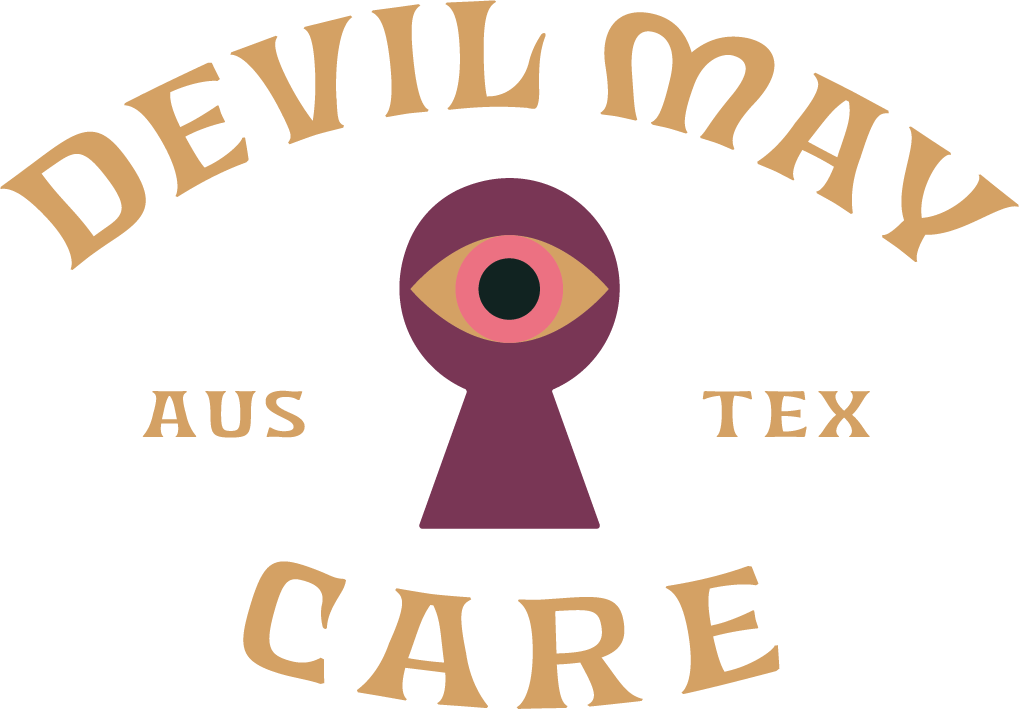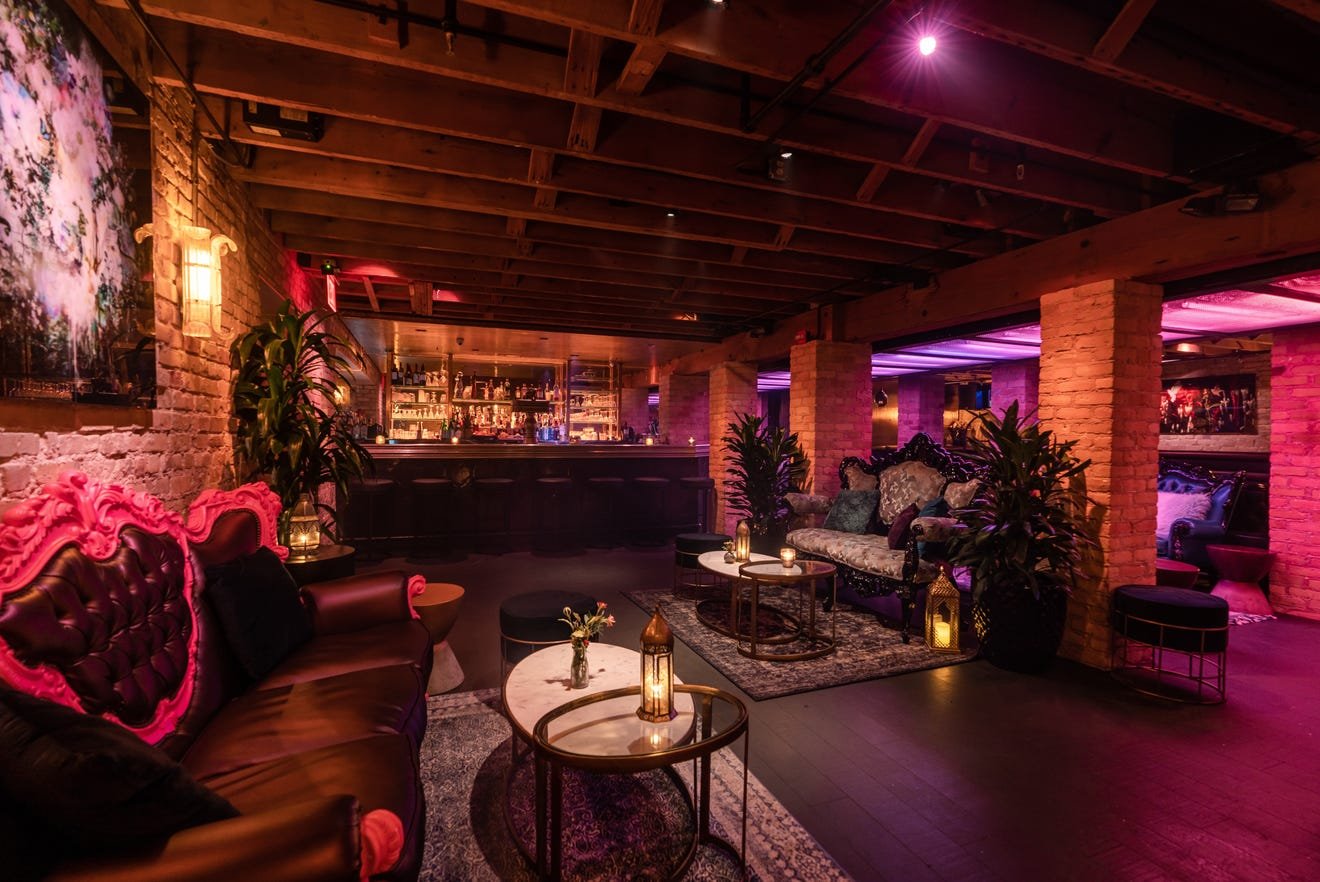Traditional funding isn't always best fit for restaurant industry. That's where this Austin startup comes in
Austin-American Statesman | Lori Hawkins | January 21st, 2021
Johann Moonesinghe got the idea for Austin-based restaurant investment firm inKind from his experience as a tech entrepreneur.
As a Boulder, Colo.-based startup founder, he went through a Techstars incubator program. After selling the company, madKast, in 2008, Moonesinghe began investing in tech companies. He then started investing in restaurants.
"I made 20 restaurant investments in the traditional way," he said. "Then I thought, let me take some of my experience going through the incubator and apply it."
So in 2015, Moonesinghe founded Prequel, an incubator program for restaurants in Washington, D.C. Through the incubator, he said, he realized that traditional funding isn't the best fit for the restaurant industry.
"What we really learned is there is something fundamentally broken with the way restaurant financing works," Moonesinghe said. "With a traditional loan or investors, you pay that money back. Restaurants don't make that much money and don't have a lot of cash."
Moonesinghe met a restaurant entrepreneur who wanted him to invest $50,000 and be a partner.
"I didn't want to be telling him whether he should be buying new plates or distributing money to investors," he said. "That's how we literally came up with the inKind model."
Moonesinghe moved to Austin and created inKind as a different kind of restaurant funding company in 2017. The idea was to create a funding service that helps restaurants grow without incurring costs that can become insurmountable later.
Listen to the Statesman's news podcast: The best local news, 8 minutes a day
InKind is a financial and marketing company that provides funding by purchasing a restaurant's food and beverage credit up front.
InKind and the restaurant owner decide how many credits to sell and the owner gets the funding immediately.
The company then sells the credit it bought to diners. Customers who buy the credit, which is basically a gift card, get more than what they pay for — such as $1,300 in credit for a $1,000 purchase.
Your stories live here.
Fuel your hometown passion and plug into the stories that define it.
"We'll pay you upfront and we'll sell that credit to people and you just serve food," Moonesinghe said.
As a result, restaurants have more operating cash without giving up any equity. InKind makes money by selling the food and beverage credits to consumers for more than it paid the restaurant for them.
Since its founding, inKind has worked with more than 460 restaurants, including 13 in Austin. The company says it has deployed $12 million in restaurant funding, including $3.6 million in 2020 and $3 million throughout the coronavirus pandemic, Moonesinghe said.
"During the pandemic, March and April were very scary times," he said. "We had financed 460 restaurants and we were holding credit in a lot of restaurants. We've only had a 0.1% loss rate. All of our restaurants have reopened and we're continuing to sell credit in them."
InKind decides who to back based on different factors than typical lenders, Moonesinghe said.
"We use Yelp data to see if people want to come to this place and if they want to come back," Moonesinghe said. "Traditionally investors look at credit scores. We don't care. We're not asking people to pay us back. We care about hospitality. We want to meet the chef and meet the owner. We want to figure out what they're like and we underwrite based on that."
As a result, he said, the firm has backed "a disproportionally high number of women and minorities and immigrants."
Among inKind's Austin clients is Jack Zimmermann, founder of Austin-based Nova Hospitality, which operates TenTen, Devil May Care and the Well.
"I was a little skeptical at first," Zimmermann said. "But after looking at the model and getting to know the guys it really made sense to get some funding from them. It let us know we had plenty of cash for opening two restaurants back-to-back, and it gave us a runway without having to go back to our investors."
Zimmermann, who declined to say how much capital Nova received, said the company has done two deals with inKind, once when opening the new restaurants and again when the coronavirus pandemic hit.
"Right as we chose to close our dining rooms I was very concerned about the next couple months," he said. "Just to make sure we would make payroll I went to inKind for another round and they basically sent it over right away."

